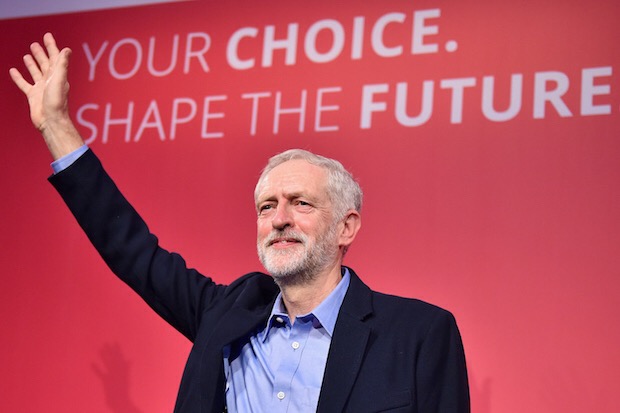Isabel Hardman discusses the by-election results with Fraser Nelson and James Forsyth:
The Tories have won the Copeland by-election with 13,748 votes – a clear 2,107 votes ahead of Labour. The Tories needed a 3.3pc swing to win: they got double that, making this the best by-election performance by a governing party since 1966. And the first gain by a governing party since 1982. So quite a result.
Copeland is not a safe Labour seat. But it has been a Labour seat since the 1930s and this is the worst by-election defeat for an Opposition party since 1945. (Matt Singh, from Number Cruncher Politics, says he’d raise that to 1878). Oppositions, as a rule, do not lose by-elections to the governing party in the midterm of a Parliament. The party had a strong campaign in the seat. It had Andrew Gwynne, who ran the party’s victorious campaign in Oldham West, as its campaign manager. It focused heavily on the NHS, which is a serious issue locally. This was therefore a perfect test of the Corbynite belief that campaigning on the health service would be the way to excite the electorate.
However, not everything was in Jeremy Corbyn’s favour. He was repeatedly forced to clarify his position on nuclear power, given his previous statements on decommissioning all nuclear power stations. On Cumbria’s energy coast, with the decommissioning plant at Sellafield and the planned new nuclear plant at Moorside, this was a very difficult stance and one that the candidate Gillian Troughton poured considerable effort into trying to reverse.
Corbyn himself was a problem. Sources told me that on the day of his infamous ‘new year relaunch’, campaigners were knocking on doors which opened to reveal a television playing the Labour leader in the midst of one of his many U-turns of that day. The voter who lived in the home then quite reasonably asked why they should be expected to vote for this man.
The Spectator was the first to reveal the party’s worrying canvass returns, which were much lower than those in Oldham.
The Corbynite response to this loss will inevitably be to point to Stoke, saying that Copeland is a unique seat because of its reliance on jobs both in civil nuclear energy and in the nearby shipyards in Barrow. The leadership has also been preparing to blame Tony Blair for giving a speech about Brexit which may have irritated Copeland voters (the seat voted to leave). If it refuses to acknowledge that this result may have wider lessons about the challenges facing Labour, then it is not making the most of an early warning sign of something much worse.







Comments